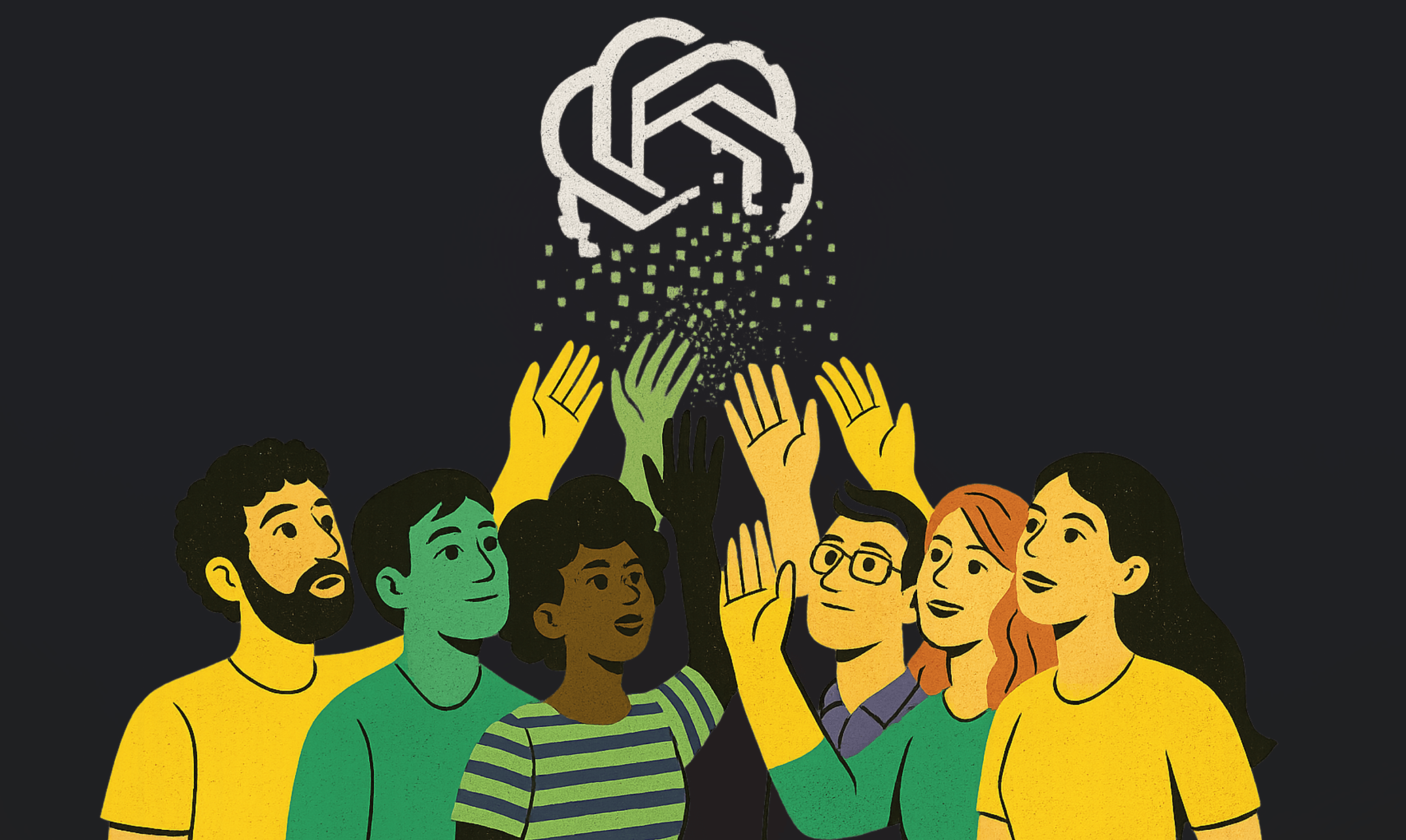OpenAI plans to release open-weight reasoning LLM without usage restrictions

OpenAI announces the release of a new open-weight language model. It will have reasoning capabilities and will be available without usage restrictions.
OpenAI plans to release a language model as open weight in the coming months for the first time since GPT-2. According to CEO Sam Altman, it will be a "very, very good model" with reasoning capabilities.
To make the model as useful as possible, OpenAI is looking to engage with developers. The company is planning a series of developer events, starting in San Francisco and later in Europe and Asia Pacific. Feedback can also be submitted here.
Altman emphasizes that the model will be released without restrictive terms of use. In an obvious dig at Meta, he explains: "We will not do anything silly like saying that you cant (sic!) use our open model if your service has more than 700 million monthly active users." This limit is the same as the usage limit in Meta's Llama model.

Meta's Llama has drawn criticism for falling short of true open-source standards by withholding training data and imposing license restrictions. While OpenAI could release either just the model weights or all components needed for complete system reconstruction, Altman's specific mention of an "open-weight" model suggests the company will likely release only the weights, which would also fall short of full open-source standards.
The model will undergo safety evaluation using OpenAI's Preparedness Framework before release. Johannes Heidecke from OpenAI describes specific risks they're examining with open models, particularly the potential for hostile fine-tuning by third parties.
The company is running safety tests with both internal teams and outside experts. Heidecke says they won't release any models that might pose catastrophic risks. Former employees have recently criticized OpenAI's internal safety testing practices.
OpenAI returns to its open-source roots
After moving away from open source with GPT-3, OpenAI appears to be changing course. The timing follows recent open-source releases from Meta, Deepseek, Alibaba and Mistral, with Deepseek's model marking a particular milestone in the field.
Altman recently acknowledged problems with the company's closed approach. "We will produce better models, but we will maintain less of a lead than we did in previous years," Altman said.
The winners of the open-source race could have the advantage of making proprietary offerings obsolete and becoming the dominant platform among developers, as Google has done with Android.
OpenAI COO Brad Lightcap says the move responds to developer and customer demand: "While we will continue to offer frontier models via our API and in ChatGPT, there are many scenarios where APIs alone won’t fully enable developers to build in the place, or in the way, in which they’d like."
AI News Without the Hype – Curated by Humans
As a THE DECODER subscriber, you get ad-free reading, our weekly AI newsletter, the exclusive "AI Radar" Frontier Report 6× per year, access to comments, and our complete archive.
Subscribe nowAI news without the hype
Curated by humans.
- Over 20 percent launch discount.
- Read without distractions – no Google ads.
- Access to comments and community discussions.
- Weekly AI newsletter.
- 6 times a year: “AI Radar” – deep dives on key AI topics.
- Up to 25 % off on KI Pro online events.
- Access to our full ten-year archive.
- Get the latest AI news from The Decoder.